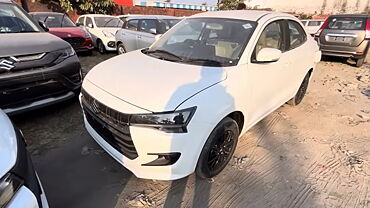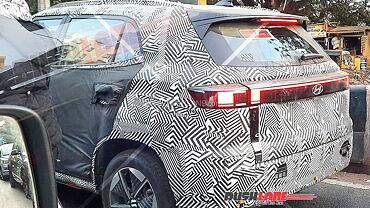
Japanese car makers in India have demand sops on par with those proposed for European car manufacturers. Honda, Maruti Suzuki and Toyota who are currently major players in the market have raised the demand after it emerged that there was a proposal by the Centre to cut duties on luxury cars under a proposed India-EU Free Trade Agreement (FTA).
A report from the Economic Times suggests that the cut will see the lowering of import duties on luxury cars and if implemented will reduce the price of cars from manufacturers like Mercedes-Benz, Audi and Volkswagen significantly. However, the Japanese manufacturers have objected to this saying that if they (European manufacturers) get the concession, then it must be offered to us too.
The report suggests that Indian automobile companies have also voiced their opposition against the concession and have reasoned that with it in place, many European manufacturers will just import their vehicles rather than setup or invest further in local operations. Such move will allow them to price their cars far lower than present and give them an upper hand. The Japanese manufacturers have called for a level playing field and fair market conditions.
However, it must be remembered that a Comprehensive Economic Partnership Agreement (CEPA) between Japan and India began in August 2011. Under this tariff on imported gearboxes will be gradually reduced from 12.5 per cent to 6.25 per cent over a period of eight years.
Duties on diesel engines must be reduced from 12.5 per cent to five per cent over a period of six year. Also, the 10 per cent tariff on mufflers would be eliminated in 10 years, as well as the five per cent duty on iron and steel products will be done away with in five years. However, the CEPA does not include fully built passenger vehicles or two wheelers.
While such a move would increase competition between the European manufacturers and the others as well as give us access to really good cars at reasonable prices, it would put the Japanese manufactures, most of who have invested heavily in local manufacturing facilities, at a disadvantage in terms of competitive pricing.


































